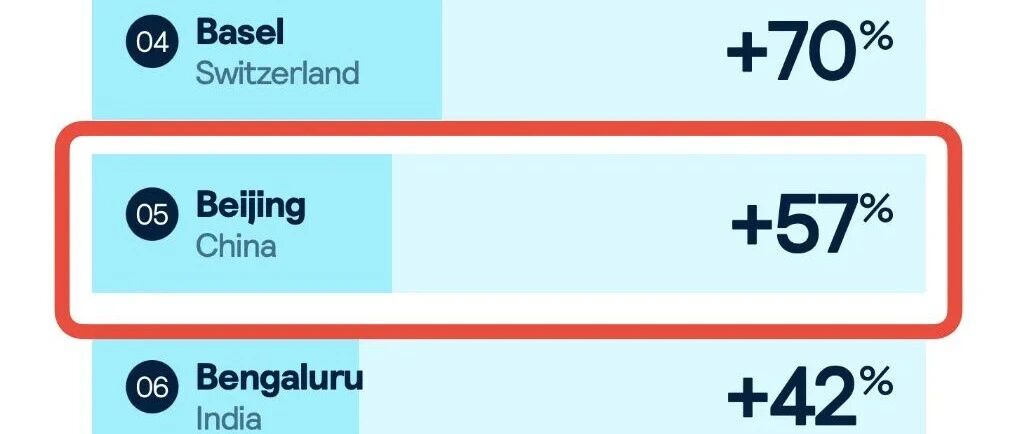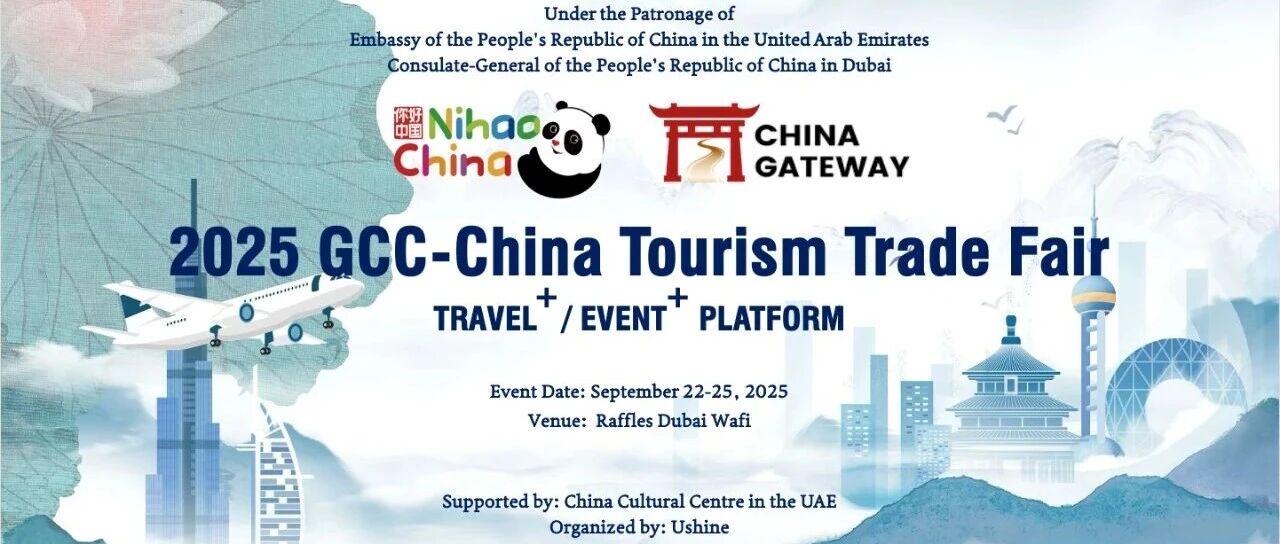“The future of peace rests on the shoulders of youth.” On July 29, President Xi Jinping sent a letter to the World Youth Peace Conference, stressing that he hopes young friends from all countries will take this conference as an opportunity to exchange ideas, deepen mutual understanding, build friendships, and work together as advocates of peace concepts and actors of peaceful development, contributing wisdom and strength to building a community with a shared future for mankind. The conference brought together over 3,000 youth representatives from more than 140 countries and regions worldwide, under the theme “Harmony and Coexistence, Together for Peace.” Participants discussed the responsibility of youth and envisioned a future of peace. At the conference, the World Youth Peace Initiative was released, calling on young people to be defenders of world peace, pioneers of mutual learning among civilizations, advocates of win-win cooperation, actors in addressing climate change, and promoters of technology for good—working together to safeguard peace, promote development, and create a shared future. The full text of the Initiative is as follows: World Youth Peace Initiative This year marks the 80th anniversary of the victory in the World Anti-Fascist War and the founding of the United Nations. Eighty years ago, in face of the dark and evil forces of fascism, people from different countries, nations, social systems, and ideologies united together and, through tremendous sacrifice, secured the triumph of justice and peace, marking the beginning of a new chapter in rebuilding post-war world order and the pursuit of lasting peace for humanity. Over the past 80 years, under the themes of peace and development and propelled by waves of scientific and technological innovation, human civilization has enjoyed unprecedented prosperity, the world has become more interconnected than ever before, and humanity has increasingly become a community with a shared future that shares weal and woe. Today, 80 years on, transformations of the world unseen in a century are unfolding at a faster pace. Changes of the world, of our times, and of the historical trajectory are taking place in ways like never before. Once again, humanity has come to a crossroads of unity or division, dialogue or confrontation, win-win cooperation or zero-sum games. As representatives of the youth from around the world, we deeply cherish peace and understand the responsibilities borne by our generation. Only by treasuring peace and upholding unity can humanity embrace a brighter future. To this end, we solemnly issue this World Youth Peace Initiative, calling on young people across the globe to unite in safeguarding peace, promoting development, and shaping our shared future. We call on youth to defend world peace. History must not be distorted; justice must be upheld and peace be safeguarded. Young people of all nations should draw wisdom from history and take concrete actions to defend peace, oppose all forms of war and violence, and reject unilateralism, hegemonism, and protectionism. Together, we should defend the hard-won outcomes of the victory in World War II, safeguard the international system with the United Nations at its core and the international order based on international law, and put true multilateralism into practice, to contribute youthful strength to the cause of global peace. We call on youth to pioneer mutual learning among civilizations. To safeguard world peace, we should first construct defenses of peace in our minds. Young people of all nations should uphold the principles of equality, mutual learning, dialogue and inclusiveness among civilizations, and let cultural exchanges transcend estrangement, mutual learning transcend clashes, and coexistence transcend feelings of superiority, to contribute youthful wisdom to fostering harmony among civilizations and deepening friendship among peoples. We call on youth to advocate win-win cooperation. Development is the cornerstone of peace. Young people of all nations should adhere to the philosophy of win-win cooperation and common development. By making full use of multilateral and regional mechanisms and platforms, we should deepen and expand youth cooperation, actively participate in the implementation of the United Nations 2030 Agenda for Sustainable Development and the outcomes of the Summit of the Future, to inject fresh momentum into bridging global development divides and promoting inclusive, equitable global growth. We call on youth to tackle climate change. Climate change poses a threat to our shared home on Earth. Young people of all nations should act on the spirit of “promoting global solidarity” and actively engage in global climate actions, to demonstrate commitment of the youth in delivering innovative solutions to the climate crisis, improving global ecological governance, and addressing international challenges hand in hand. We call on youth to promote “technologies for social good.” While technological advances bring opportunities for peace, they also pose new challenges. Young people of all nations should stand at the forefront of emerging fields such as artificial intelligence, shoulder responsibilities, and work for the goal that technological advances benefit the entire humanity, and that digital development remain inclusive, to contribute youthful solutions to improving global tech governance and building an inclusive, fair, and sustainable global future. Eighty years ago, our predecessors illuminated darkness with unity. Eighty years later, it is up to us—the youth—to define the future through action. Let us take the 80th anniversary of the victory in the World Anti-Fascist War and the founding of the United Nations as a new starting point, unite for peace and work hand in hand for the shared future of mankind!










